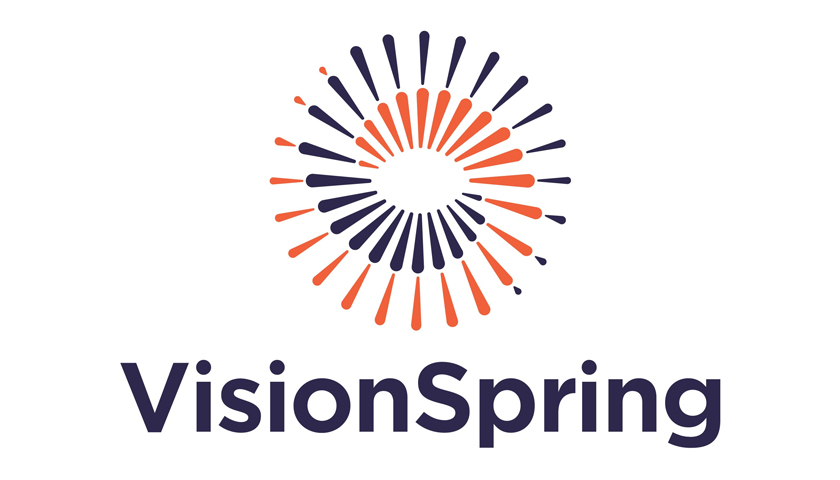As the global community focuses its attention on the 1 billion people who still do not have the eyeglasses they need to see clearly, VisionSpring announces a transformative $15 million gift from MacKenzie Scott. The gift catalyses the launch of VisionSpring’s strategic initiative Livelihoods in Focus– a $70 million effort that will create more than $1 billion of new income among tea, coffee, cocoa and artisan workers by 2030.
“The gift from Ms. Scott is an incredible acknowledgement of the power of a simple pair of eyeglasses to unlock earning, learning, safety and wellbeing for people vulnerable to poverty.”, said CEO of VisionSpring Ella Gudwin. “And, with this powerful endorsement of our work, we are embarking on a multi-year journey to put Livelihoods in Focus, addressing the massive vision care gap among agricultural and artisan workers in South Asia and Sub-Saharan Africa. We need many more philanthropic investors, along with governments, companies and NGOs to join in bringing the wonder of clear vision to everyone,” she added.
Livelihoods in Focus builds on VisionSpring’s 20 years of experience and robust evidence gathered in the tea-growing region of Assam, India. A rigorous randomised controlled trial there found that a simple pair of eyeglasses lifts productivity by 22-32% among workers. When the economic benefits seen in Assam are extended to new farming and artisan regions with similar characteristics, scaling the effort has the potential to unlock more than $1 billion in new income earning potential for workers and their families.
Laura Hattendorf, Senior Advisor and former Head of Grants and Investments at Mulago Foundation, said: “Eyeglasses and VisionSpring’s approach yields the highest return on donor investment that we have seen across our portfolio. The income created per donor dollar is among the best – if not the best – we’ve ever seen.”
VisionSpring has targeted the tea, cocoa, coffee and artisan communities because the need for vision correction is acute and the work is vision intensive — especially at near distances for tasks such as hand pollination, picking tea, sorting and removing debris from harvests, intricate handcrafted work, and mobile banking.
VisionSpring routinely finds that 65-85% of workers acquiring eyeglasses through its vision access programs have never had their sight tested before and become first-time wearers of glasses. For workers the benefits of this 700 year-old technology are immediate. They gain improved productivity, income and well-being the moment glasses move from case to face. Research also shows that eyeglasses improve quality of life, reducing depression and anxiety, and increasing involvement in religious and family life.
MacKenzie Scott’s gift is believed to be the largest, single private donation towards solving the problem of uncorrected blurry vision as a poverty intervention. Dr. Jordan Kassalow, founder of VisionSpring, said: “It is a big win for the sector as a whole and all of the organizations working on an issue that has been hiding in plain sight.”
